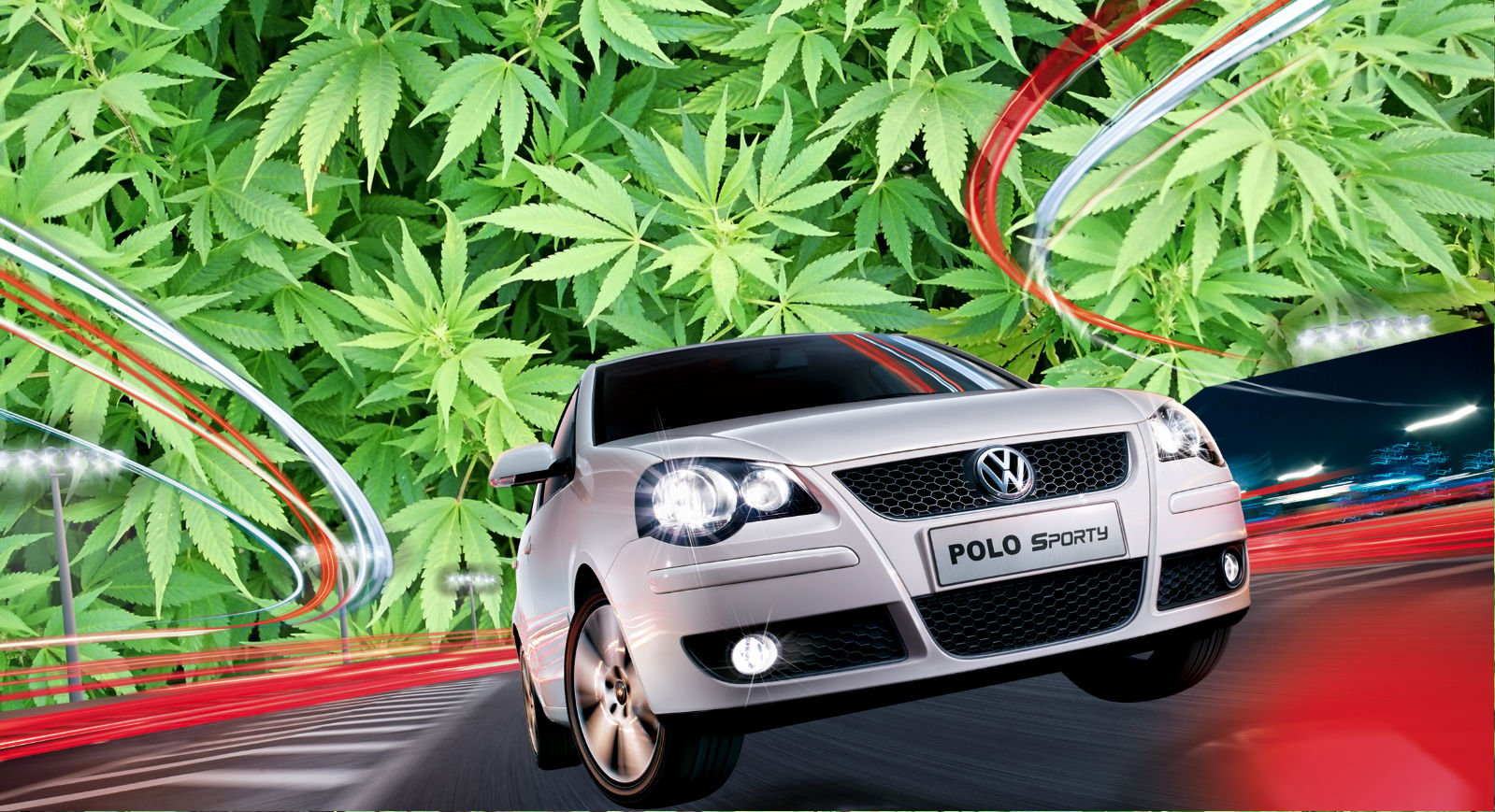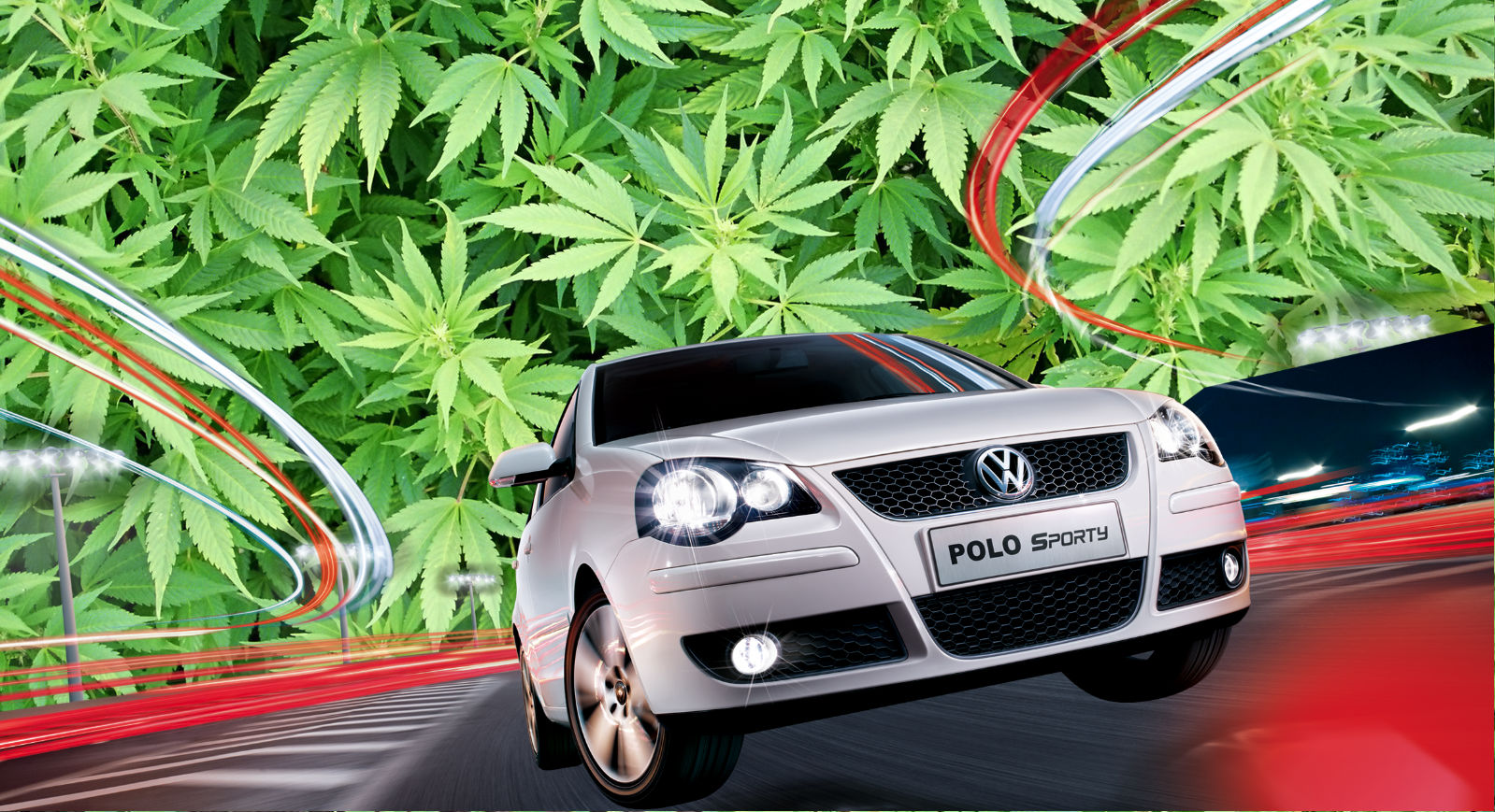It's time to rethink what insurance is
Typically, insurance is something that reacts to something bad happening. Whether you're an insurer or consumer, insurance only tends to raise our...
Will the legalization of cannabis have any impact on car insurance? Consider that in states where it 's been legalized that insurance claims involving traffic collisions have gone up 3% while at the same time the average premium hike was 3.2% (the average 1.6% in states where it wasn't legalized).


Will the legalization of cannabis have any impact on car insurance? It's a weird thing to ask, but consider that in states where it has been legalized that insurance claims involving traffic collisions have gone up 3% while at the same time the average premium hike was 3.2% (rather than the average 1.6% in states where it wasn't legalized). It would seem that bump in premiums is due to something. Coincidence?
On October 17th, 2018, it will finally be legal for consenting adults to consume marijuana in Canada. Obviously, there's still a lot of questions to be asked. Will it be regulated the same way cigarettes are or more like alcohol? If you drive under the influence, is that a criminal offense? How will drivers be tested if caught "intoxicated" by marijuana while driving? How is it that Quebec will actually lose money on selling marijuana (I kid you not)?
No lies, cannabis will be decriminalized across Canada and it'll be legal for any adult (age varying by province) to purchase fresh or dried cannabis, cannabis oil, plants and seeds for cultivation from either a provincially or territorially regulated retailer. Criminalizing marijuana, a substance which more than 50% of American adults have admitted to at least trying, you make half of the American public a "criminal" in the eyes of the law. Now does that make sense? Making changes to the system, whether you consume pot or not, just makes sense (with proper regulations in place of course), just like we've done with alcohol after prohibition.
Because I work in the insurtech field, my first thought was how would the legalization of cannabis affect drivers? How would it affect car insurance?
Some things to consider...
The Denver Post conducted a study where they found that the number of Colorado drivers who tested positive for marijuana after a fatal car collision was 115 in 2016, more than double the 47 recorded in 2013, a mere year before legalization in Colorado.
In recent years, the presence of marijuana in drivers killed on the road increased from 13% to 20%, surpassing alcohol related fatal crashes.
It should be mentioned, that in fatal accidents, testing for marijuana is infrequent at best, so it's very possible that the numbers are much larger. Additionally, the consumption of cannabis is often in tandem with alcohol, so it becomes very difficult to isolate and determine the true culprit in such cases. It becomes a modern game of Clue; was it Cannabis in the library with a joint? Could it be Vodka in the den with an olive? You just never can tell.
The Highway Loss Data Institute reported in 2017 that states that had legalized marijuana (such as Colorado, Washington & Oregon) had a 3% increase in insurance claims from traffic collisions; higher than they'd have normally expected in states where it is still illegal.
So can we with 100% certainty blame it on marijuana? Well, the Highway Loss Data Institute reported in 2017 that states that had legalized marijuana (such as Colorado, Washington & Oregon) had a 3% increase in insurance claims from traffic collisions; higher than they'd have normally expected in states where it is still illegal.
Obviously, marijuana can impair the user to the point where he or she should not drive. But that hasn't stopped people from doing it. In a recent survey, over 10% of drivers had admitted they had driven under the influence of marijuana at one time or another. Scarier is that out of those people, 44% claimed that it had no effect at all on their driving ability. Surprisingly, some even went as far to say that it made them better drivers.
Let's get one thing straight, the use of marijuana can severely and negatively affect ones ability to drive. Marijuana has been proven to slow down your reaction time, it impairs your short-term memory and concentration, and can cause erratic driving. These are all very bad things.
Obviously, cannabis is an intoxicant, much the same as alcohol is. We all know that you shouldn't drink and drive, and as such you shouldn't get high and drive. Impaired is impaired is impaired, no matter how you slice it. Your good times on the road could end up in you or someone else being injured, possibly dead.
 We've established getting high and driving is a bad idea.
We've established getting high and driving is a bad idea.
DRIVING + MARIJUANA = ACCIDENTS
So to avoid the chance of marijuana related accidents come October 17th, the police are going to have to be very diligent and find ways to test for cannabis intoxication like they do for alcohol impairment. Both are intoxicants, it only makes sense to treat them the same way in regards to public safety.
Unfortunately, there's a problem: unlike alcohol, there's no approved roadside test for cannabis use. Sure, we can test for the presence of marijuana with a saliva test, but we can't really tell when it was consumed nor level of impairment. In fact, with marijuana consumption, there's no agreed upon standard of what's considered impaired. Police can't even legally arrest someone on the spot of the "crime" without first conducting a field sobriety test and bringing them back to headquarters and doing invasive procedures such as testing their blood and urine.
Sure, you can still be arrested for impaired driving, but as I mentioned - it's difficult to prove that marijuana is the culprit.
How does the legalization of cannabis affect car insurance?
Just judging from the little bit of information gathered from states that have legalized cannabis, we know that more traffic accidents have occurred and car insurance premiums have increased more than they traditionally would have. More than that, we don't know. Perhaps in 5 to 10 years we'll have gathered enough factual evidence to make a conclusion.
That presents a major problem for insurers, everything they do is based on calculated risk. Underwriters mine information such as driving and accident data, claims information, population statistics, whatever information they can apply to the situation to figure out the risk of covering that driver (and any possible future claims against them) and calculate an associated premium.
Right now, insurers just don't have information about cannabis and driving risk, it's a factor missing from the equation in calculating true risk. At best, they can guess and adjust the premiums they set, adjust it upwards. Of course, it's a guess, they really have no idea whether it's appropriate or not. Without the relevant information, how could they?
Perhaps educating the public that being high poses a significant danger when driving in the same way drinking and driving does. Impairment is impairment, regardless of how you became impaired. The police and the legal system will have to develop better testing for marijuana impairment that is akin to how they test for sobriety in alcohol. Legal standards will have to be set about what will be considered legally impairment (and of course how it will be determined).
And we need more information, especially as insurers. We need to have relevant and useful information to add to the mix so that we can properly calculate the real risk of insuring someone, as well as the associated premiums that should be set. Insurance falls apart without the right information to back it up.
Can using a telematics device such as Drivn or Behaev help? At this point, while these devices can measure whether the person is a safe driver or not. In no way can they measure whether they're impaired due to marijuana (or alcohol for that matter). Whether or not in the future these apps can be paired up with some functional testing device (while driving), such as a breathalyzer installed in cars of people who had a DUI (that they have to breathe into in order to drive), we'll have to wait and see.
Hopefully, people will realize right off the bat that driving high is just as dangerous as driving drunk.
Typically, insurance is something that reacts to something bad happening. Whether you're an insurer or consumer, insurance only tends to raise our...
With the advent of telematics and companies like Baseline, you no longer have to get car insurance like your grampa did. You now have the option of...
If you're interested in doing usage-based insurance (or ubi) ,one really effective way is to TRY BEFORE YOU BUY. Insurers get to gather enriched...
Be the first to know when our latest podcasts, blog posts and interviews are published in our informative series where we interview elected officials and civil servants across Canada, who tell us about their realities in today's challenging democratic climate.